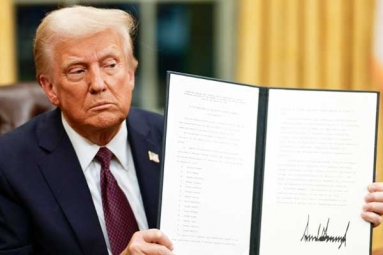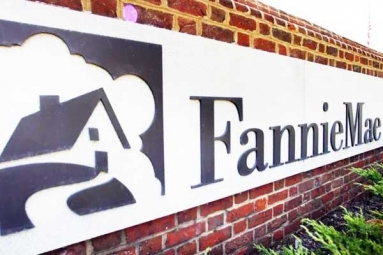Interest rates paid by Indian banks on NRE savings, term deposits and ordinary non-resident (NRO) savings accounts were deregulated by RBI. As stated by Central Bank, rates on non-resident deposits cannot go higher than the rates paid on term deposits of same maturities. The revised deposit rates are said to be applied only to latest deposits and on renewal of maturing deposits.
To strengthen their non-resident bases, mid-size private banks are looking forward to offer higher rates on deposits followed by deregulation of interest rate on these deposits by the Reserve Bank of India (RBI). A rise of 268-324 basis points has been announced by Federal Bank and South Indian Bank in their Non-resident (External) Rupee (NRE) term deposits. Other private banks are expected soon to follow this. An interest of 6.5 percent on NRE term deposits with one year maturity period will be offered by Kochi-based Federal Bank, compared to 3.82 percent previously. On the other hand, South Indian Bank increased NRE deposit rates from 1 to 10 years to 6.75 percent for maturities. Previously, the rate offered on these deposits was 3.51 to 3.82 across maturities. N. Kamakodi, Managing Director and Chief Executive, City Union Bank, said, "We will be increasing our rates in a week's time. The rates would be closer to domestic deposit rates. The rise is most likely to happen in a one-year bracket."
Interest rates paid by Indian banks on NRE savings, term deposits and ordinary non-resident (NRO) savings accounts were deregulated by RBI. As stated by Central Bank, rates on non-resident deposits cannot go higher than the rates paid on term deposits of same maturities. The revised deposit rates are said to be applied only to latest deposits and on renewal of maturing deposits. Banks are supposed to offer uniform rates at all their branches. According to the Central Bank, the banks might take approval of their respective boards or asset liability committees, while fixing interest rates on such deposits. External liabilities arising due to deregulation have to be monitored by bank as directed by the banking regulators and asset-liability compatibility from a systemic risk point of view also needs to be ensured.
P. R. Somasundaram, Managing Director and Chief Executive of Laxmi Vilas Bank, said, "We have a small base of non-resident deposits right now. But it would be one of our focus areas. We would take a decision on raising rates on these deposits soon. Our asset-liability committee would meet shortly to decide on this." According to Bipin Kabra, Chief Financial Officer, Dhanlaxmi Bank, the deregulation of non-resident deposit rates has allowed banks to attract non-resident Indians to park their deposits with Indian lenders. The bank's asset-liability committee would soon meet to revise the non-resident deposit rates.
The state run lenders are unsure about increasing those rates aggressively or not. Having a major foreign presence, Bank of India is still waiting others to revise their rates. A senior official of Bank of Baroda said, "No firm view has been taken so far. I cannot give a timeline as to when these rates will be revised."
Officials at State Bank of India are expecting a rise of 200-300 basis points in non-resident deposits rates. They also added that they are yet to decide the effectiveness of rise in rates. Whereas, State Bank of Travancore can increase the deposit rates before SBI does, because the bank is competing hard with mid-sized private banks in Kerela. In a data revealed by RBI, outstanding deposits in NRE accounts stood at $25 billion and NRO accounts stood at $11 billion at the end of October.








